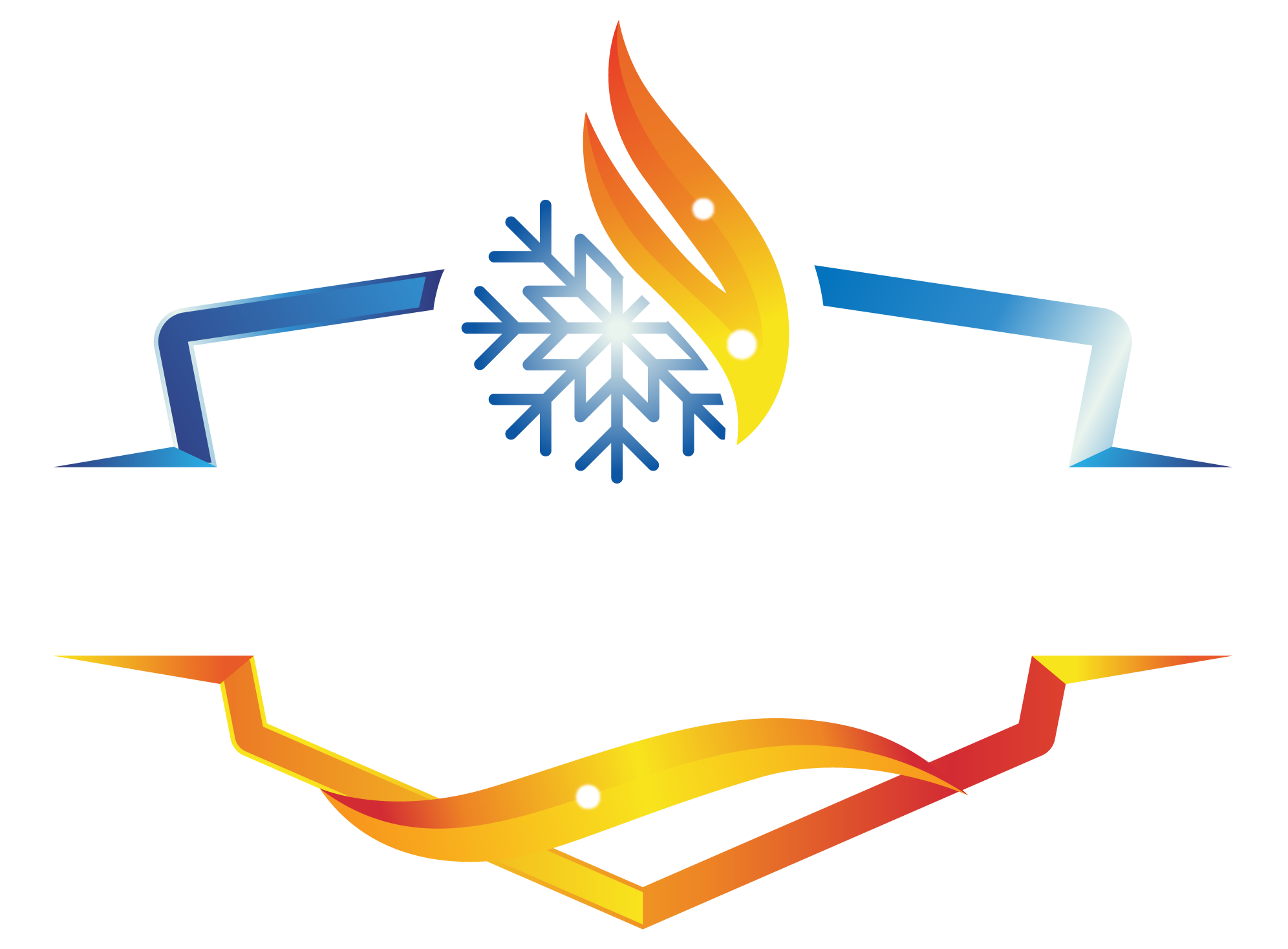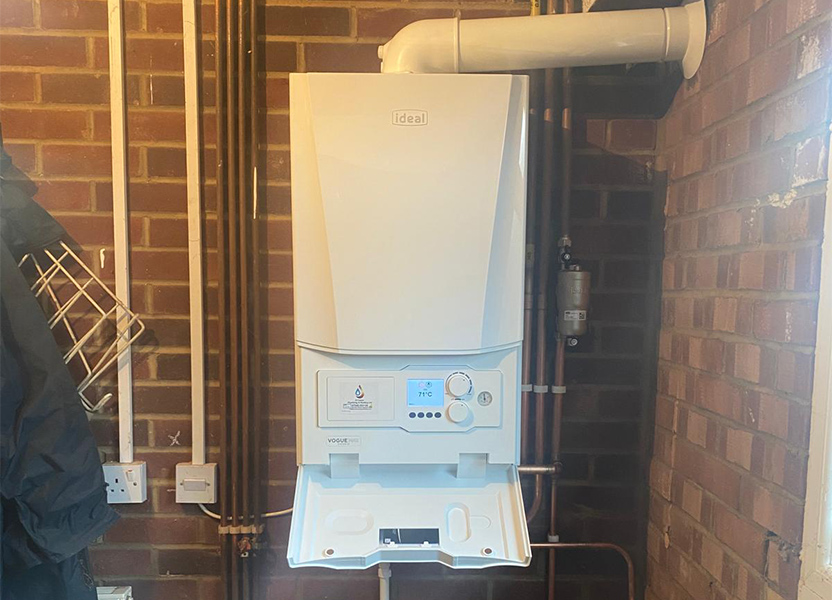When your boiler develops a fault, you're faced with an important decision: should you repair it or replace it entirely? This choice can significantly impact both your immediate budget and long-term household expenses. Understanding the factors that influence this decision can help you make the most cost-effective choice for your situation.
The Age Factor
One of the most important considerations is your boiler's age. Modern boilers are designed to last many years with proper maintenance, but as they age, repairs become more frequent and costly.
Newer Boilers
If your boiler is relatively new and still under warranty, repair is usually the obvious choice. Most issues with newer systems are covered by warranty, and the boiler should provide many more years of reliable service once repaired.
Middle-Aged Boilers
For boilers that are several years old but not approaching the end of their expected lifespan, the decision becomes more complex. Consider the nature of the fault, the repair cost, and whether similar problems are likely to recur.
Older Boilers
As boilers reach the later stages of their expected lifespan, replacement often becomes more economical than continued repairs, especially for major component failures.
Frequency of Breakdowns
Consider how often your boiler has required repairs recently. If you're calling out engineers multiple times each year, the cumulative cost of these repairs might exceed the cost of a new boiler when spread over a few years.
A pattern of increasing breakdowns often indicates that your boiler is reaching the end of its reliable service life. Even if individual repairs seem reasonably priced, frequent callouts suggest that replacement might be more economical in the long term.
Repair Costs vs. Replacement Value
A useful rule of thumb is to compare the repair cost to the overall value of your boiler. If a single repair costs a significant portion of what a new boiler would cost, replacement might be the better investment.
Consider not just the immediate repair cost, but also:
- Whether the same component might fail again
- If other components are likely to fail soon
- The ongoing cost of maintaining an ageing system
Energy Efficiency Considerations
Older boilers are typically much less efficient than modern alternatives. Even if your current boiler can be repaired, it might be costing you significantly more to run than a new, high-efficiency model would.
Modern condensing boilers can achieve much higher efficiency ratings than older systems. The energy savings from a new boiler can help offset the replacement cost over time, making replacement more attractive even when repairs are still possible.
Parts Availability
For older boilers, replacement parts can become difficult to source or expensive to obtain. If your boiler model has been discontinued for several years, you might find that:
- Parts take longer to source, extending repair times
- Parts are more expensive due to limited availability
- Some components are no longer manufactured at all
When parts availability becomes an issue, replacement is often the more practical long-term solution.
Safety Considerations
Safety should always be a primary concern when evaluating boiler repair versus replacement. Older boilers might not meet current safety standards, and some repairs might only provide a temporary fix for underlying safety issues.
If your boiler has recurring safety-related problems or if safety components are failing, replacement with a modern system that meets current safety standards is usually the wisest choice.
Your Home's Heating Needs
Consider whether your current boiler still meets your household's heating and hot water demands. If your family has grown, you've extended your home, or your hot water usage has increased, your existing boiler might be inadequate even when repaired.
Conversely, if your heating needs have decreased, you might benefit from a smaller, more efficient boiler that's better matched to your current requirements.
Financial Considerations
Immediate Budget Impact
Repairs typically require less immediate expenditure than replacement, which can be important if budget constraints are a primary concern. However, consider whether financing options might make replacement more accessible.
Long-Term Value
Factor in the total cost of ownership over the next several years. Multiple repairs, higher energy bills from an inefficient boiler, and the inconvenience of breakdowns all contribute to the real cost of keeping an old boiler running.
Potential Incentives
Research whether any government schemes, manufacturer rebates, or energy company incentives are available for boiler replacement. These can significantly improve the financial case for replacement.
Warning Signs That Suggest Replacement
Certain symptoms often indicate that replacement is more sensible than continued repairs:
- Yellow flames instead of blue (gas boilers)
- Frequent pilot light issues
- Strange noises that persist after repairs
- Visible rust or corrosion on the boiler
- Increasing energy bills despite similar usage
- Difficulty finding replacement parts
- Multiple component failures within a short period
The Benefits of Modern Boilers
Today's boilers offer several advantages over older models:
- Higher efficiency ratings leading to lower energy bills
- More reliable operation with fewer breakdowns
- Better temperature control and heating performance
- Improved safety features
- Quieter operation
- Compact designs that save space
- Smart controls for enhanced convenience
Making the Decision
To make the best choice for your situation, consider:
- Total cost analysis: Compare repair costs plus likely future repairs against replacement costs
- Efficiency savings: Calculate potential energy bill reductions with a new boiler
- Reliability needs: Consider how important heating reliability is to your household
- Future plans: Think about how long you plan to stay in your current home
Professional Assessment
While homeowners can evaluate some factors themselves, a professional assessment from a qualified heating engineer is invaluable. They can:
- Accurately diagnose the current problem
- Provide realistic repair cost estimates
- Assess the overall condition of your boiler
- Recommend suitable replacement options
- Help you understand the long-term implications of each choice
Conclusion
The decision between boiler repair and replacement depends on multiple factors specific to your situation. While repairs might seem like the economical choice in the short term, replacement often provides better value when you consider efficiency, reliability, and ongoing costs.
Take time to evaluate your boiler's age, condition, and performance alongside your household's needs and budget. With careful consideration and professional advice, you can make the choice that provides the best value and peace of mind for your home.
R. Foster Plumbing & Heating provides honest assessments to help homeowners make informed decisions about boiler repairs and replacements throughout Northamptonshire and Rutland. With over 24 years of experience, we can help you evaluate your options and choose the most cost-effective solution for your home.

.jpg)


.jpg)

.svg)
.svg)
.svg)
.svg)